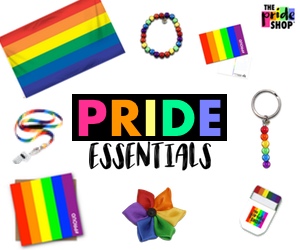Cardiff Metropolitan university has issued its staff and students with guidance banning the word “homosexual”.

The Cardiff Metropolitan University has told its 1,200 staff and over 11,000 students that the word homosexual should no longer be used and that lesbian and gay relationships should be referred to as “same-sex” or “other-sex” relationships.
It has said that it wishes to “raise awareness amongst staff and students of the importance of using appropriate language”.
In the code of practice, it says that homosexual seems, “laden with with the values of a previous time” and calls on faculty and students to dump other terms like “husband” and “wife”, and use “partner” instead.
ALSO READ:
- Students are being offered AMAZON vouchers for their SPERM
- Oxford Union denies the “Ze” pronoun story
- NUS LGBT+ in talks to rid LGBT societies of the “gay” male representative
The university, which turns over £98,000,000 a year said that, “Complaints about the excesses of so-called ‘political correctness’ and their impact on organisational cultures are not new,”
“For Cardiff Met, though, academic freedom and the celebration of diversity are cornerstones of University life – and are entirely compatible with each other.
“The University has a joined-up approach to providing a positive working environment, free from discrimination, harassment and victimisation.
“As part of this approach, the University has a Code of Practice on Using Inclusive Language, which sets out to promote fairness and equality by raising awareness about the effects of potentially discriminatory vocabulary.
“It makes suggestions for the avoidance of inappropriate generalisations and provides some illustrative examples of gender-laden vocabulary with some neutral alternatives.”
Editor of THEGAYUK Jake Hook said,
“Although I commend Cardiff Metropolitan University for being thoughtful on the power of words and their meanings, I do wonder what consultation process this code was subjected to. There have been many times where the word homosexual has been used as an empowering term and has a rich history of a statement of intent or empowerment.
“I would rather a conversation about language rather than an outright ban or policing of words, especially when some may wish to use those words for themselves”.



